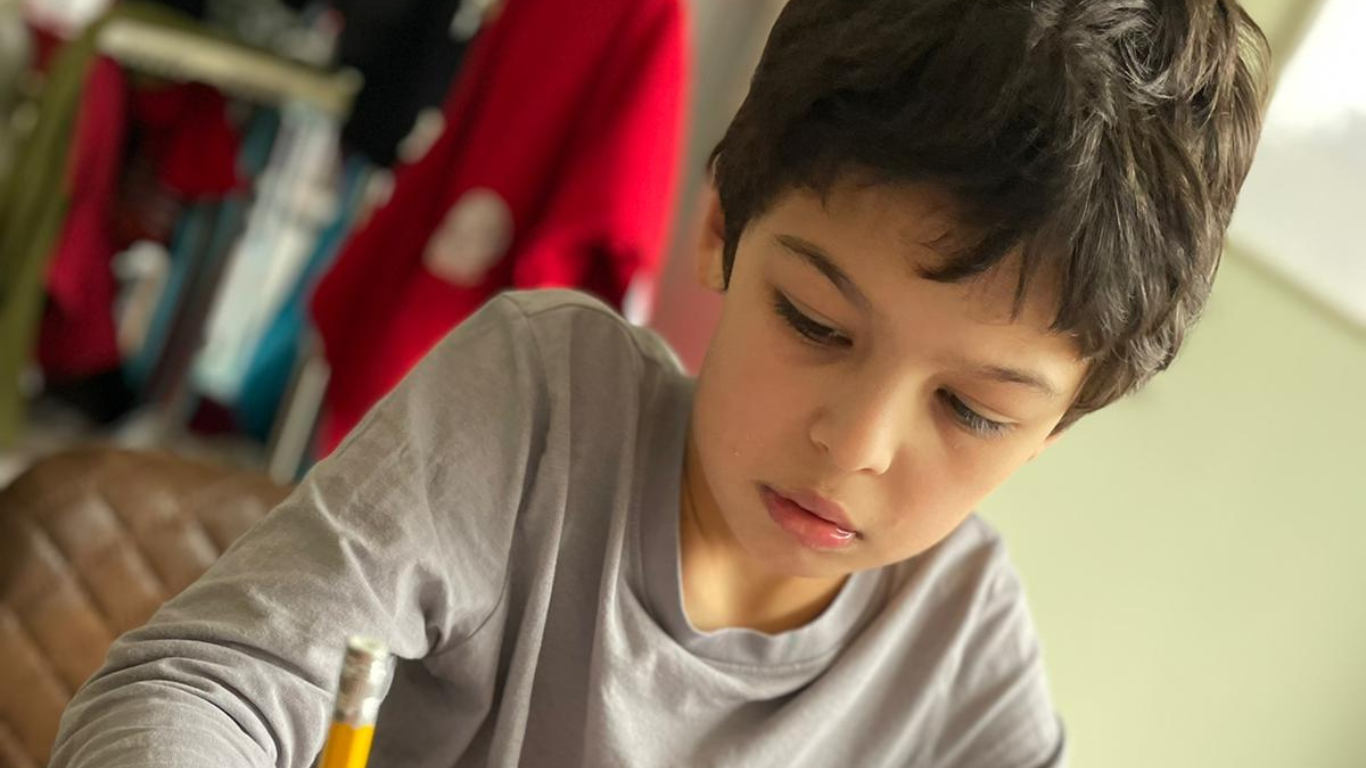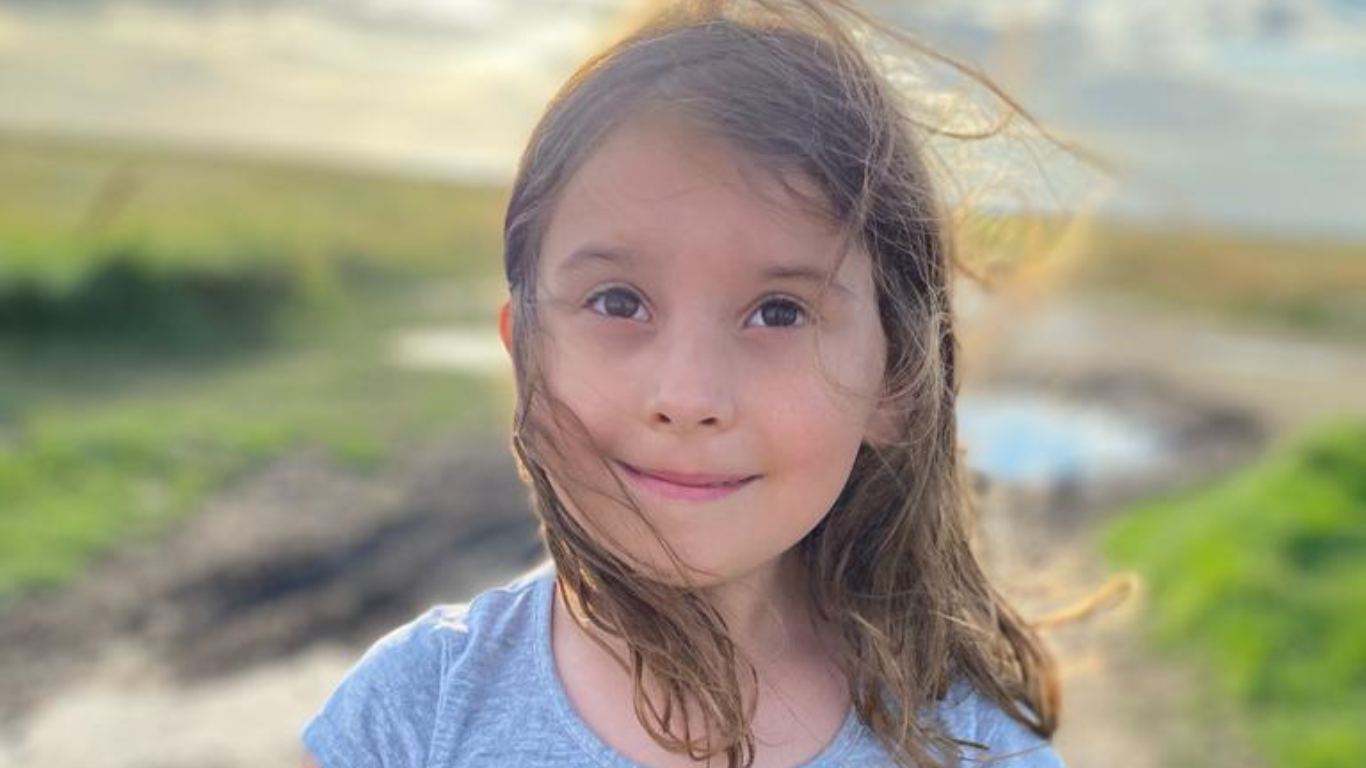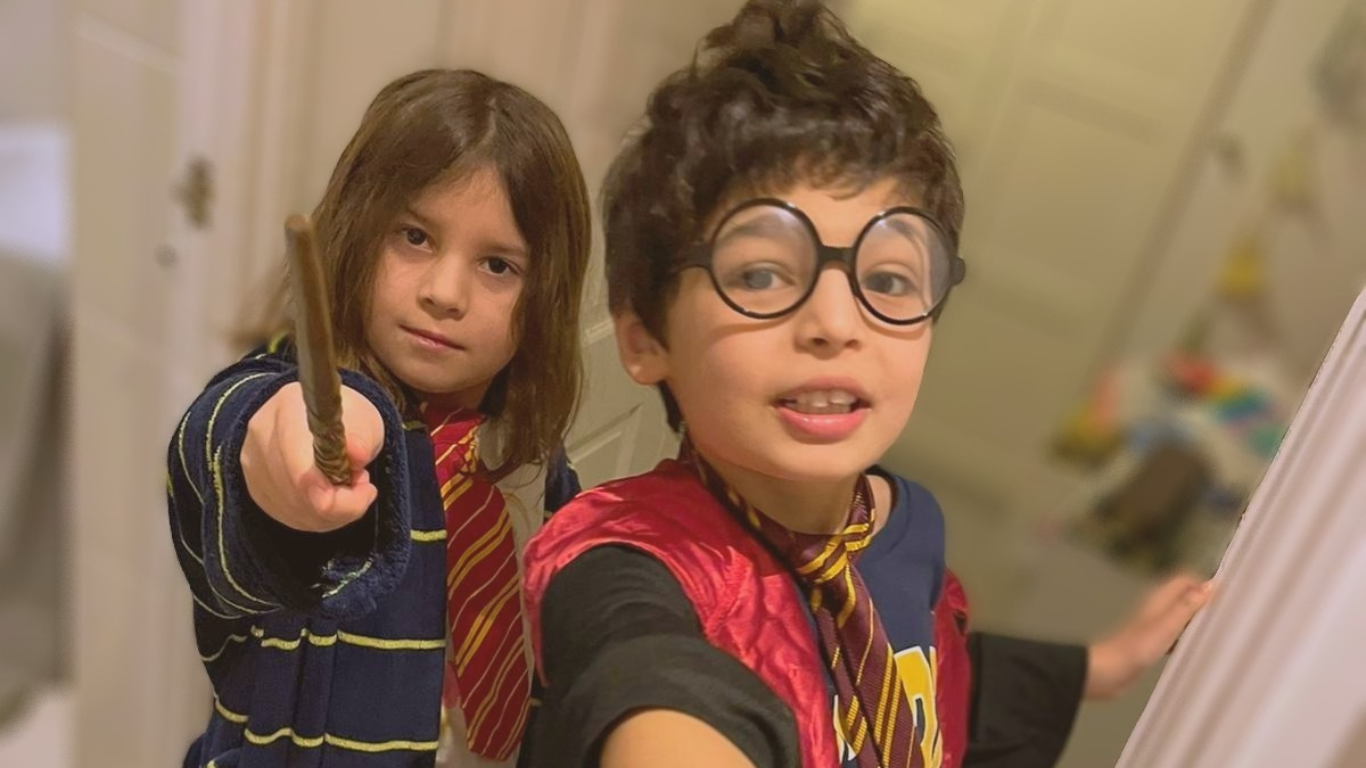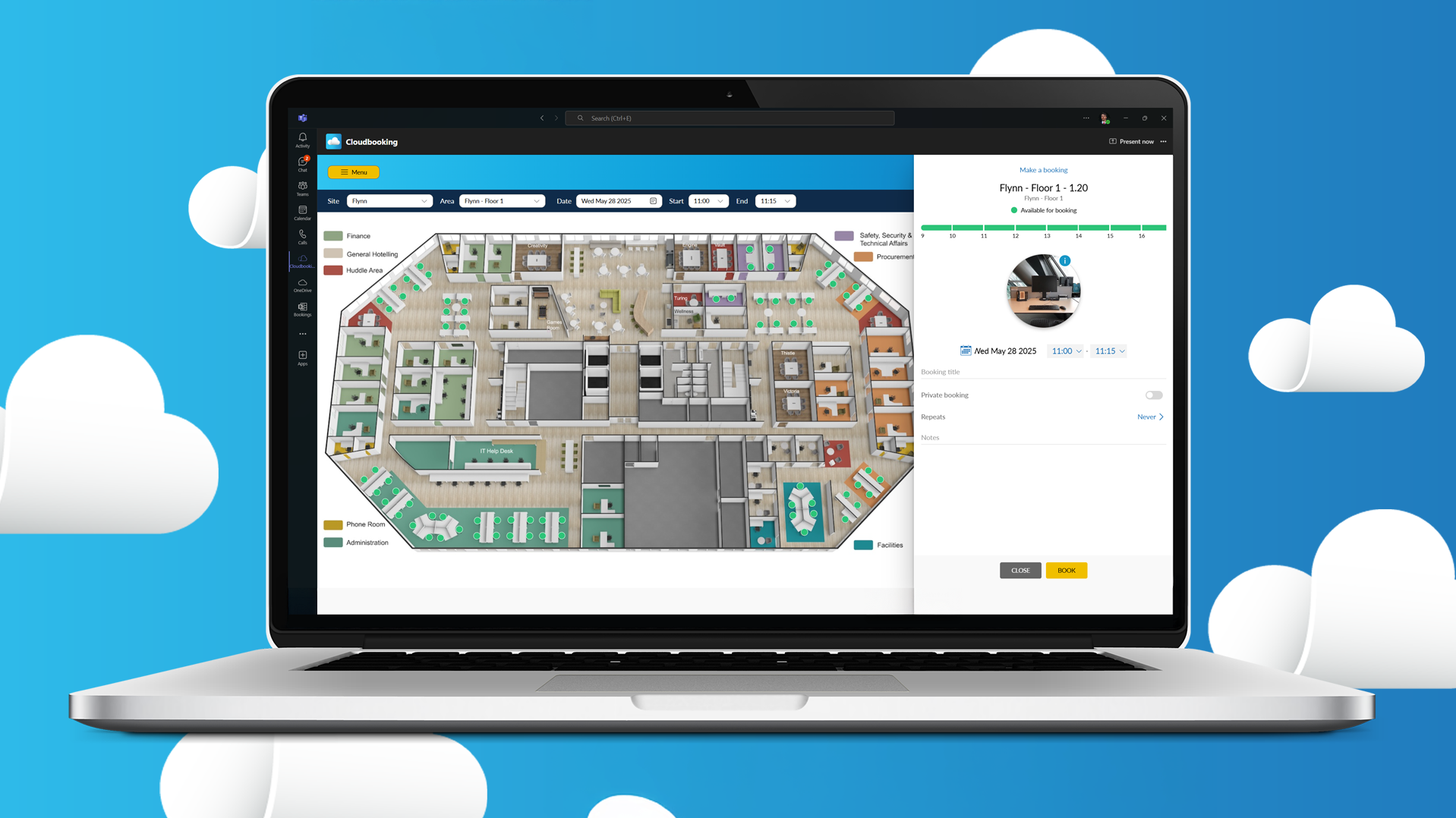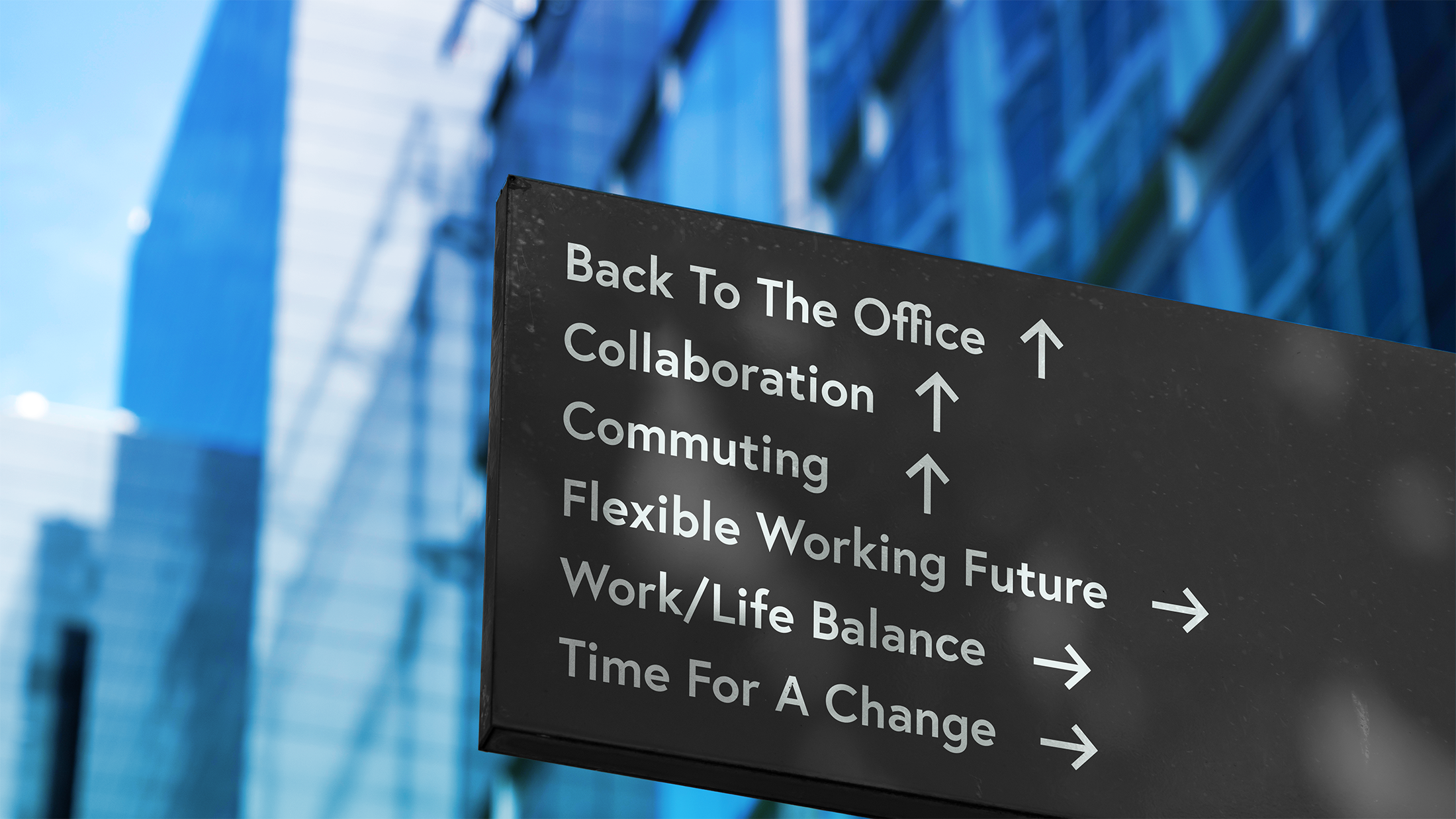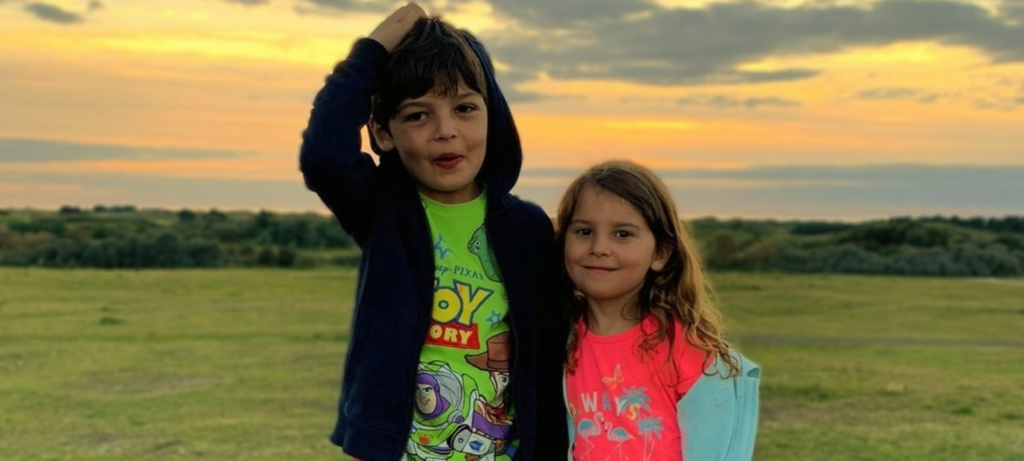
Solomon turns ten years old in a few weeks. His sister Matilda is seven.
For most of their lives, my work – my career – has been a mystery to them, save for a few details I might have shared with them at the end of a given day.
A couple of times when they got older, I brought the pair of them into the offices of my various employers on days off school to see where I worked; far more of a fun afternoon trip out for them than you’d think it would be.
Those visits formed a connection between them and the physical space I inhabited every day. Maybe they met a kindly colleague or raided the snacks cupboard; maybe they saw my desk and looked at my view out of the office window. Their comprehension of their dad’s work was formed, hardened and embellished.
Often, a comprehension largely divorced from the reality or content of my job.
Today, their understanding of my work is more detailed and nuanced – their relationship with the concept of work is much ‘healthier’ and more rounded. And it’s not because they are older.
It’s because I work from home, and they see me do it.
Well, sometimes I work from home. I’ll work from wherever I need to be: something Cloudbooking is calling Hybrid Living: the increasing trend for employees fitting work around their lives as opposed to the other way around.
It means that wherever we are, outside of school hours, the kids are often in my online meetings – standing next to me and staring down the screen at my colleagues if they fancy, and otherwise sitting nearby listening in while playing and drawing.
Sometimes I have to ask them to leave the room if there is some kind of sensitivity to the topics discussed; other times, they talk to or at me, right over the meeting, about something ‘important’.
Later they’ll ask me how my meetings were and what they were about and form questions around parts of what they heard.
They ask me why I no longer go to an office every day – why I no longer leave the house at seven o’clock to walk to the local train station.
It’s clear they appreciate me being around and – if they’re at home sick or off for some teacher training day – they see me come downstairs to have lunch with my wife or to start making their dinners,
And they ask about you – the people I meet and the customers I serve – all the time. They ask what you want from me and how I know how to deliver it.
There was once a time they liked (and were satisfied with) my now seemingly glib explanation that ‘I tell stories for a living’. No longer.
These days, they distinguish between the ‘me’ when I’m writing a blog – they know this one is about them; me when I’m dealing with admin, client and payment issues; me when I’m having fun and when I’m stressed.
They can spot the difference in my tone of voice between the times I’m sharing high-level strategic advice with a CEO and when I’m trying to keep a team engaged in a fun training session.
Tomorrow I’ll start my day early for a meeting with a long-term client I love out in Singapore. Because I’m not with them at breakfast they’ll ask about that later: “What do you know about Singapore? What does your friend do there? What was the meeting about? Are we going to Singapore soon?”
They want to come to Glasgow with me for two days next month when I go to film the first modules of an online course I’m creating with my partner there. If they’re not able to come with me (they’re not), Solomon will want to help me book plane tickets and plan my journey.
Related Reading: Everything You Need to Know to Make Flexible Working Hours Work
When I was my son’s age, my dad would disappear from the house early, get back late (knackered) and speak of work only in the most minimalist terms.
Like my kids to me until recently, I would often have pretty much no idea what Dad was doing during those hours of absence.
My kids know what I do. They know how I do it, and sometimes they make themselves a part of it.
More importantly, perhaps, they understand the notion of my work. Solomon and Matilda know I freelance and have lots of different things going on at once. Both see me doing these things in every room of the house at various times of the week. They also see me not working at various times during the traditional working day.
The world of work is still changing for us, but our kids are natives of the ongoing sense of evolution. When they’re ready to get jobs themselves, they’ll have seen the transition and will understand that jobs and careers no longer come in just a few shapes and sizes.
Hopefully, watching us will give them inspiration and help in starting out whenever and however they do so.
In the meantime, it’s (mostly) fun to have them around.
Check out our latest webinar on the future of work for deeper insights into how hybrid working can support organisations in a post covid world.
